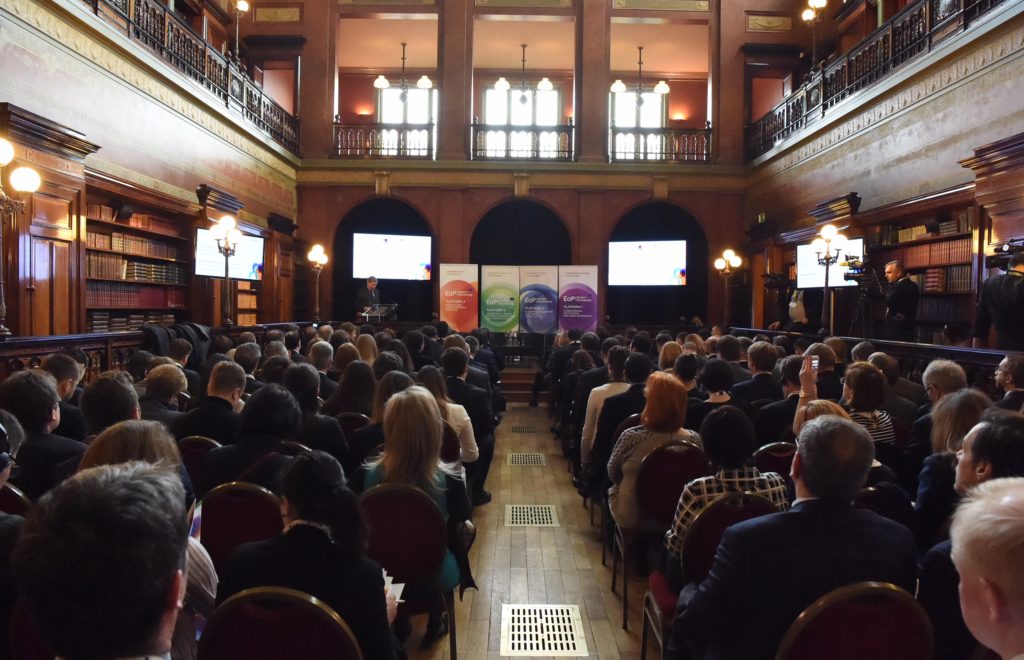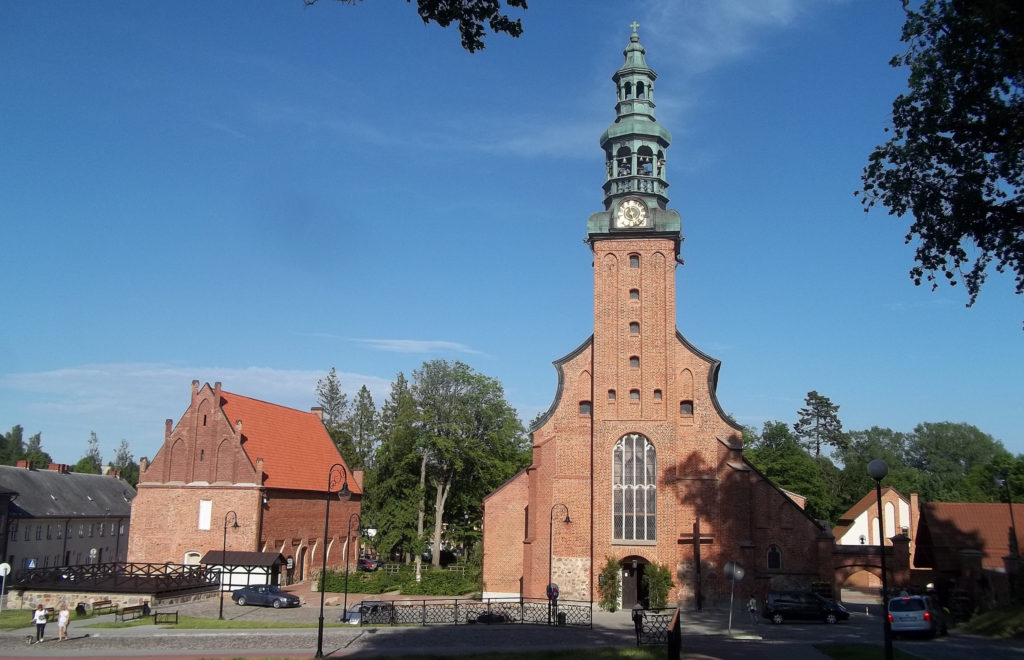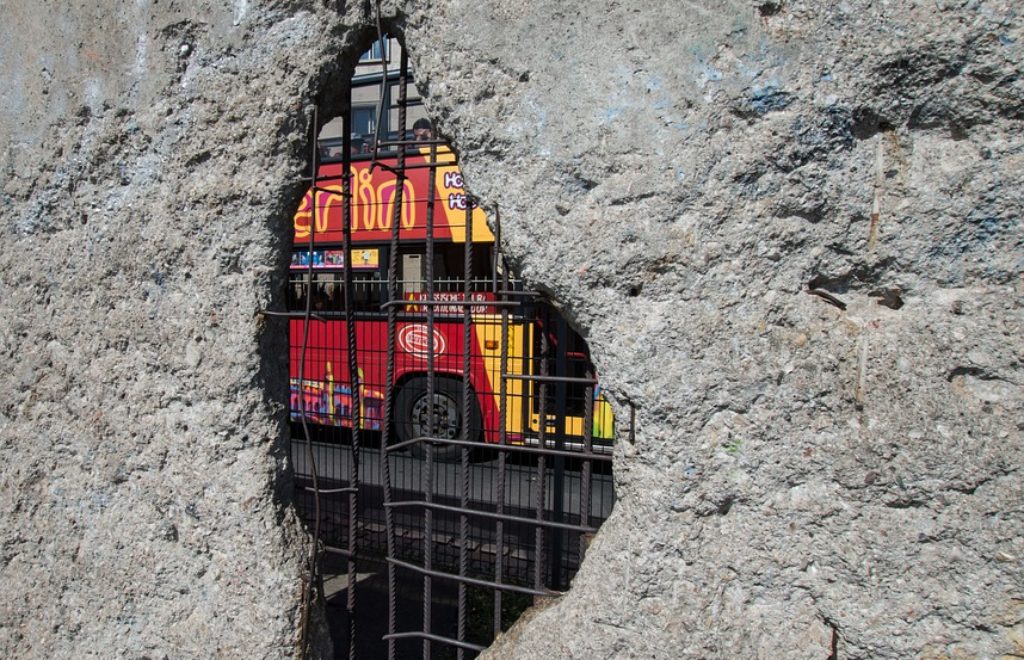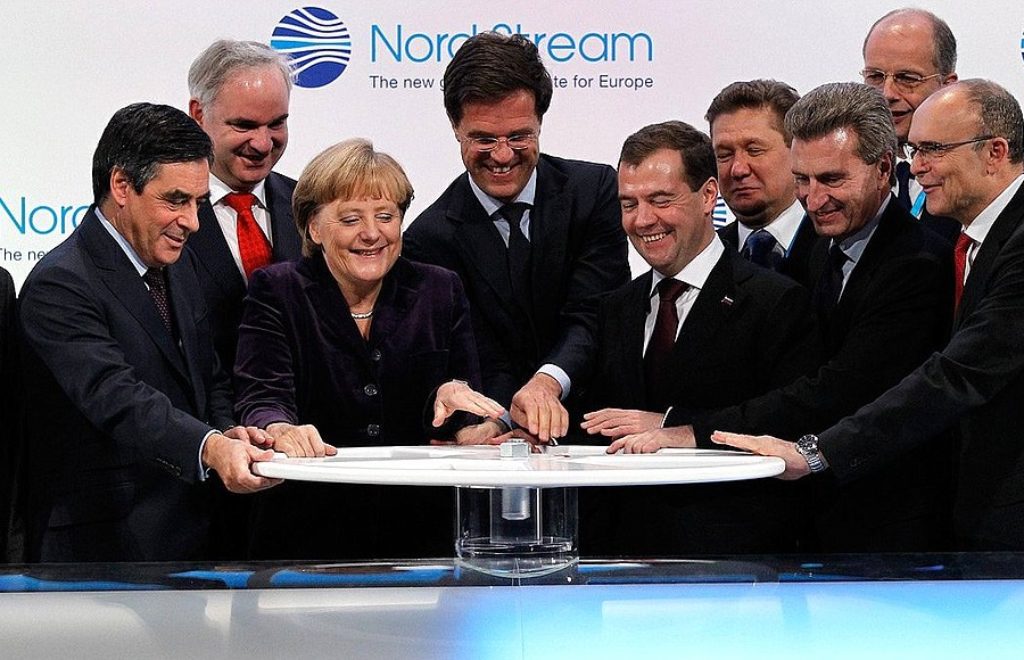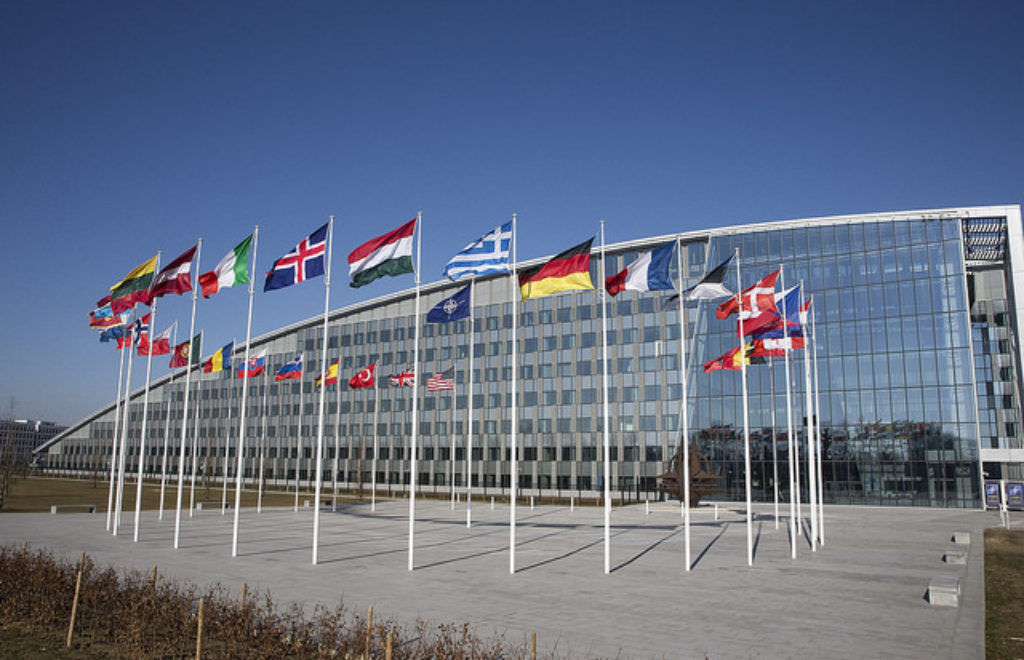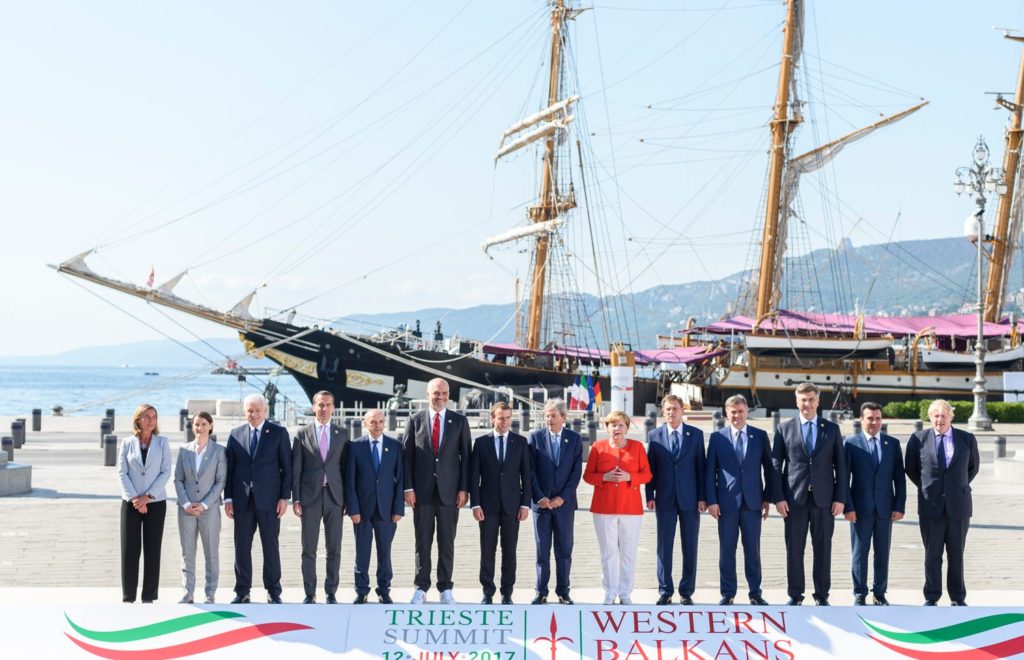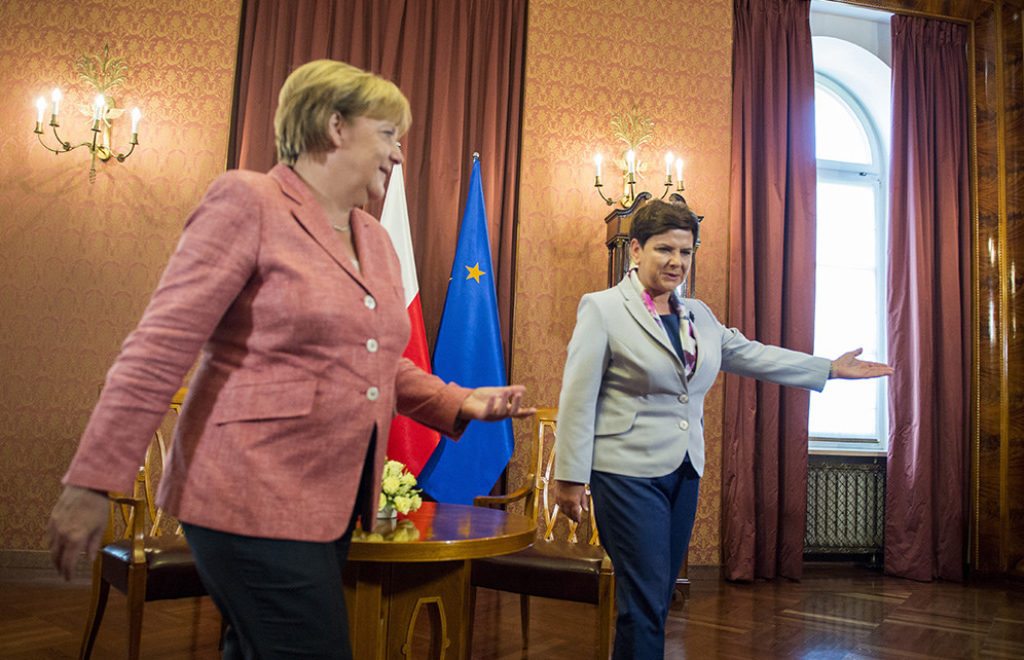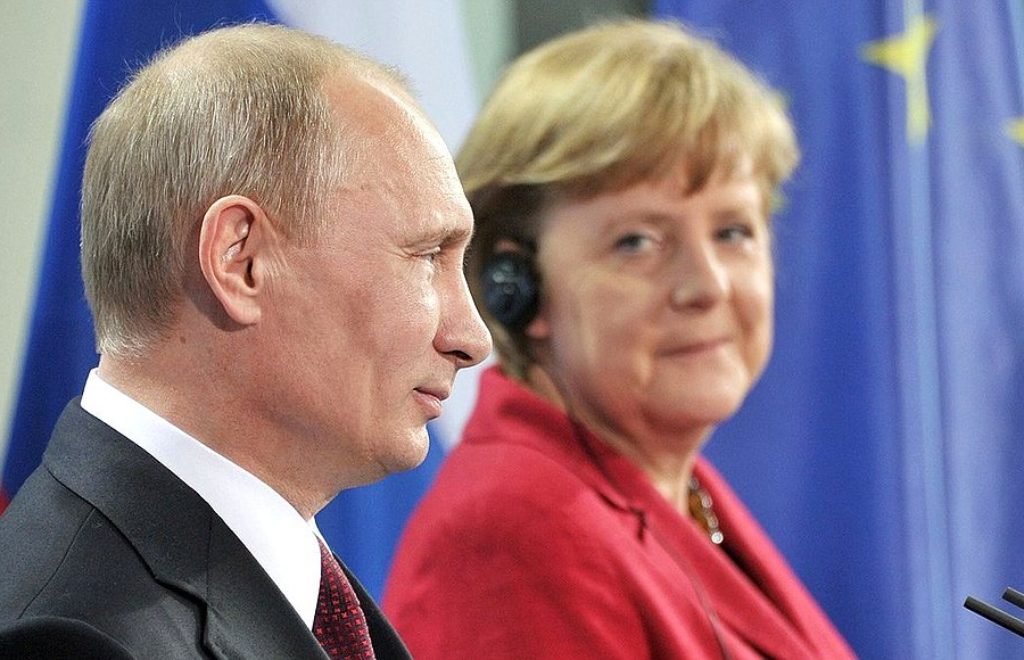Towards a new European Ostpolitik
Germany’s international relations are already prioritising the development of a new European Ostpolitik well in advance of July 2020, when the country is slated to assume the presidency of the Council of the European Union for six months. European Ostpolitik will likely be translated into more concrete policies during the 18-month-long rotating trio presidency of the Council of the EU that includes successive terms led by Germany, Portugal, and Slovenia, respectively.
May 2, 2019 - Iris Kempe


